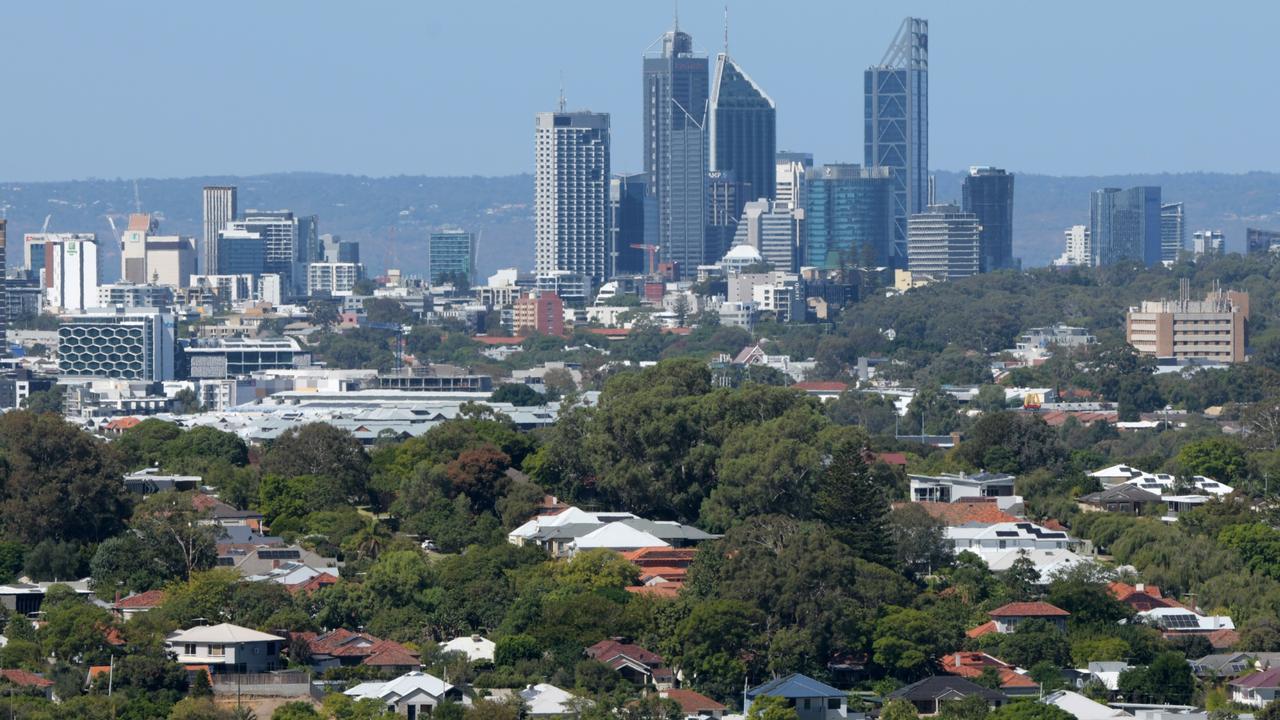ACCC report exposes why Australian power bills are soaring
TONY Abbott has fired a warning shot to the PM over energy policy as a damning new report revealed tactics power companies use to charge customers more.
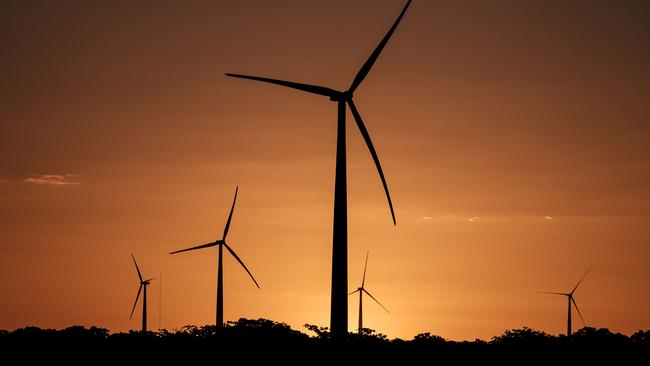
Costs
Don't miss out on the headlines from Costs. Followed categories will be added to My News.
TONY Abbott has sent Malcolm Turnbull a warning about the government’s energy policy, which is shaping up to be a major test of the Prime Minister’s leadership this week.
Meanwhile, a new poll out today shows 60 per cent of Australians say they won’t pay an extra cent for clean energy as a review of the nation’s energy market exposed the main causes of soaring power bills.
Mr Abbott has signalled he will continue to speak out against the government’s energy policies if they don’t prioritise affordability and reliability.
Ahead of a joint-party room meeting tomorrow where the Coalition’s final strategy will be discussed, Mr Abbott told 2GB radio: “The government needs to get the policy right.”
“Let’s have no further subsidies for unreliable power, let’s get cracking with the new coal-fired power station, let’s do what we can to end the gas bans and let’s remove the bans on nuclear,” he said.
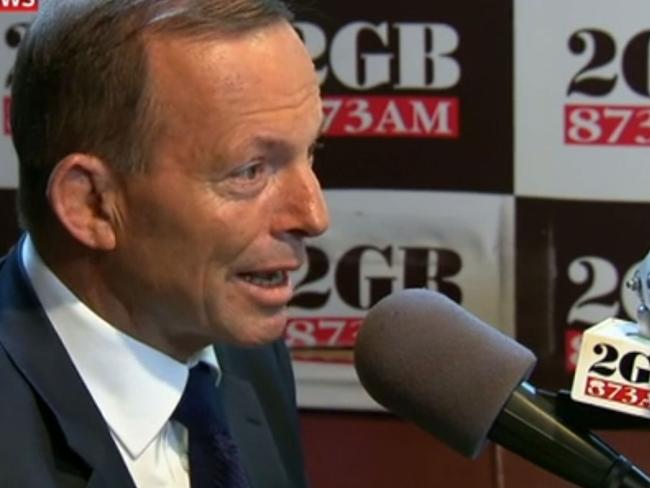
It’s understood the government’s final plan — set to be announced this week four months after Chief Scientist Alan Finkel handed down his recommendations for the nation’s energy future — will not include a Clean Energy Target.
The CET was one of Dr Finkel’s key recommendations.
The challenge for Prime Minister Turnbull comes as the Australian Competition and Consumer Commission, in a damning report out today, accused power companies of deliberately overcomplicating contracts and seeking loopholes to charge more.
The consumer watchdog report shows household power bills had risen 63 per cent in a decade to an average of about $1524, with some Australian families now having to make the choice between whether to “heat or eat”.
It also reveals the biggest costs contributing to average household power bills are network costs such as power poles and other infrastructure.
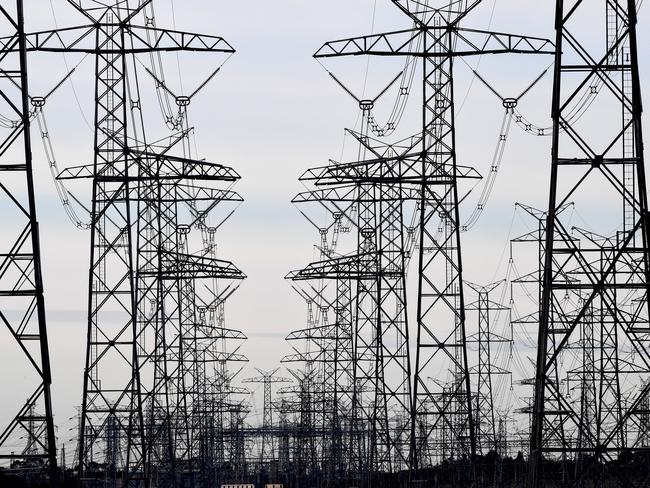
Wholesale costs contributed 22 per cent, retail costs contributed 16 per cent and retail margins contributed 8 per cent.
Green energy schemes contributed just 7 per cent to bills — although that was still considered a “significant component of the increase in overall customer bills”.
A special Newspoll out today in The Australian shows most Aussies (58 per cent) baulked at paying anything extra in their power bills to support renewable energy technology.
Thirty per cent said they were prepared to pay more for more clean energy policies to be implemented but only 7 per cent of those said they would pay more than $100 extra.
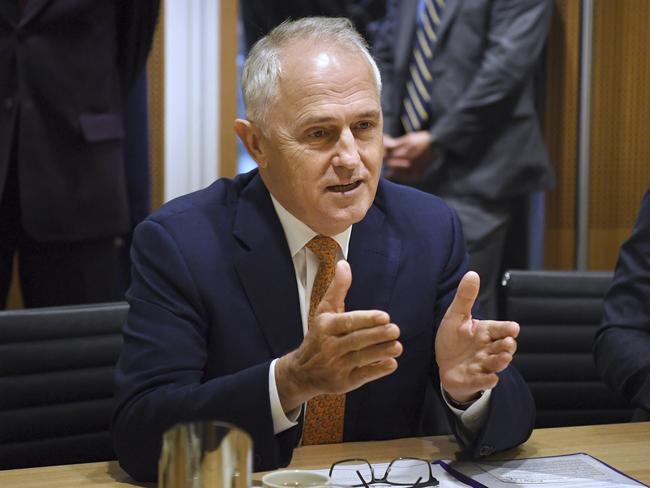
LEADERSHIP TEST
Opposition leader Bill Shorten said Mr Turnbull would fail the leadership test if he didn’t back Dr Finkel’s recommendation for a CET.
“What is the point of asking the Chief Scientist of Australia to write a full report on climate change and energy, and then not follow the recommendations?” Mr Shorten said today.
“It is very clear that Turnbull faces a test in the next 24 hours.
“It is a test of whether or not he is running the Liberal Party and can back in what he believes, which is a Clean Energy Target, or if Tony Abbott is running the Liberal Party and they’ll dump a Clean Energy Target.”
Mr Turnbull fired back in Question Time, questioning Mr Shorten’s outspoken support for the CET.
“The Leader of the Opposition has been in favour of an emissions intensity scheme, he’s been in favour of a Clean Energy Target - the only thing they have got in common, is he doesn’t understand how either of them work,” he said.
“He doesn’t know the difference between a renewables target and an emissions reduction target.”
Mr Turnbull had said the CET had merit after the report was handed down.
ACCC chairman Rod Sims told Sky News today a CET wouldn’t necessarily push down rising power prices.
“What effect it has on electricity prices is pretty tricky to calculate,” he said.
“It could lower prices but it may not.
“You’ve got to keep in mind that while it may bring forward extra investment it also involves a subsidy that’s smeared across all electricity users — it’s a hard one to call.”
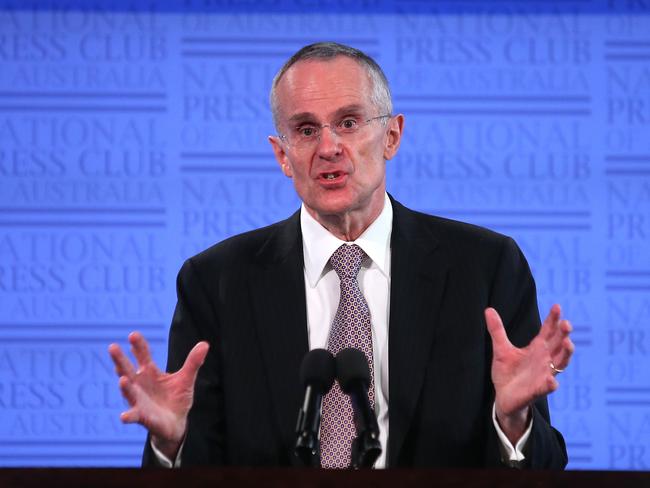
“If our focus is on meeting the Paris targets, (the CET is) a good thing to look at.
“If our focus is on affordability, we should keep the focus on the network tariffs, retail costs, how do we get generation prices down and so forth.”
Originally published as ACCC report exposes why Australian power bills are soaring


